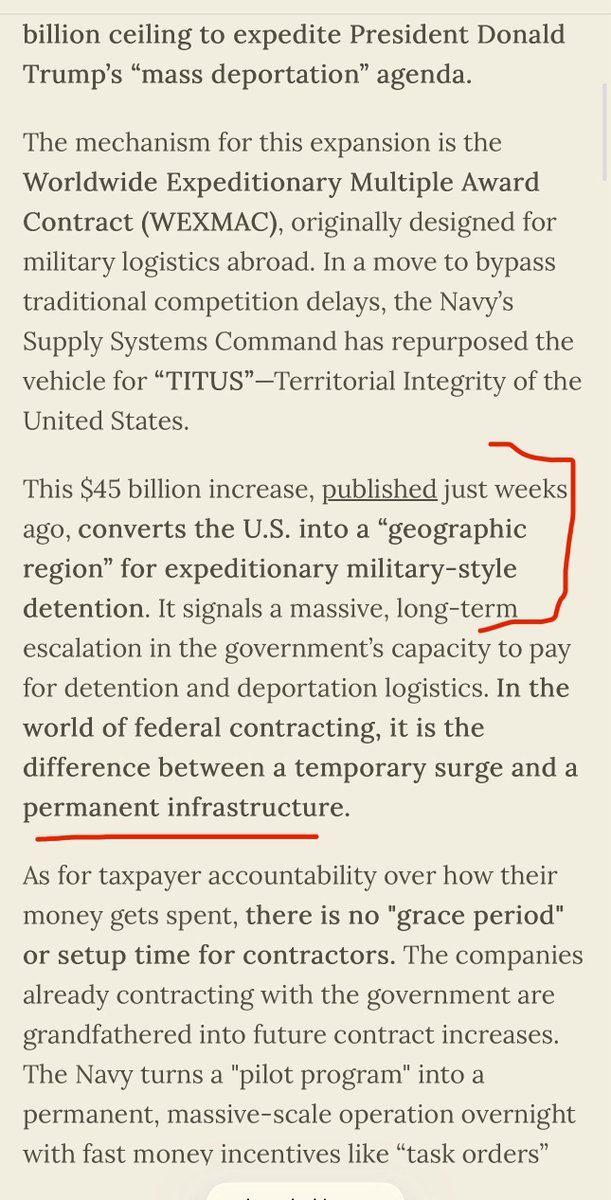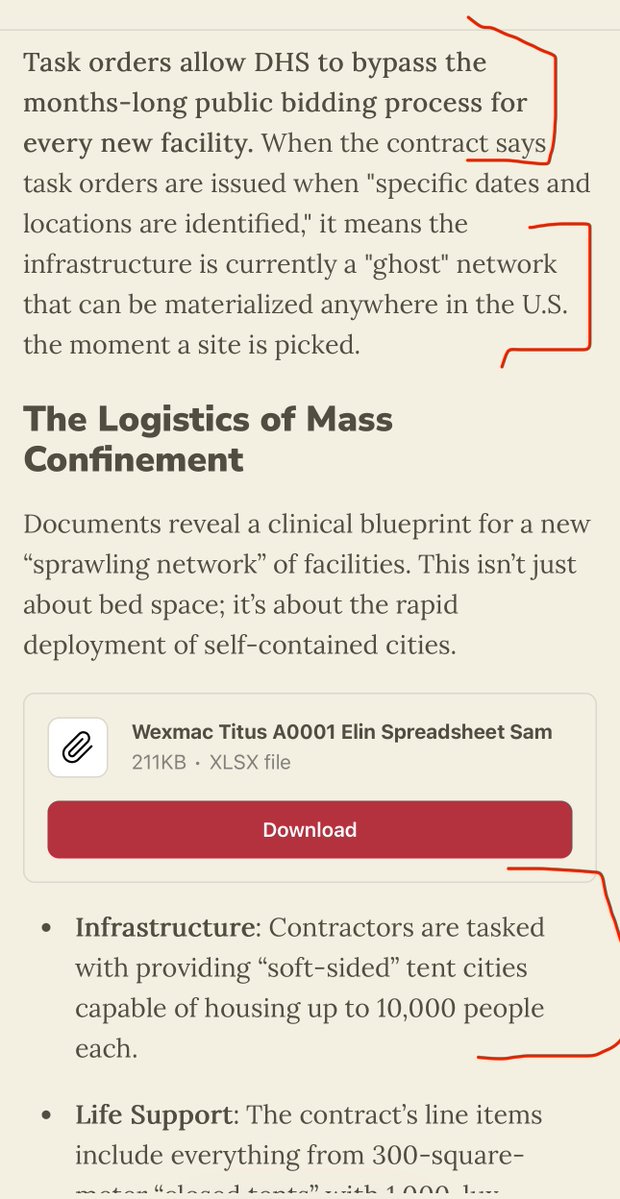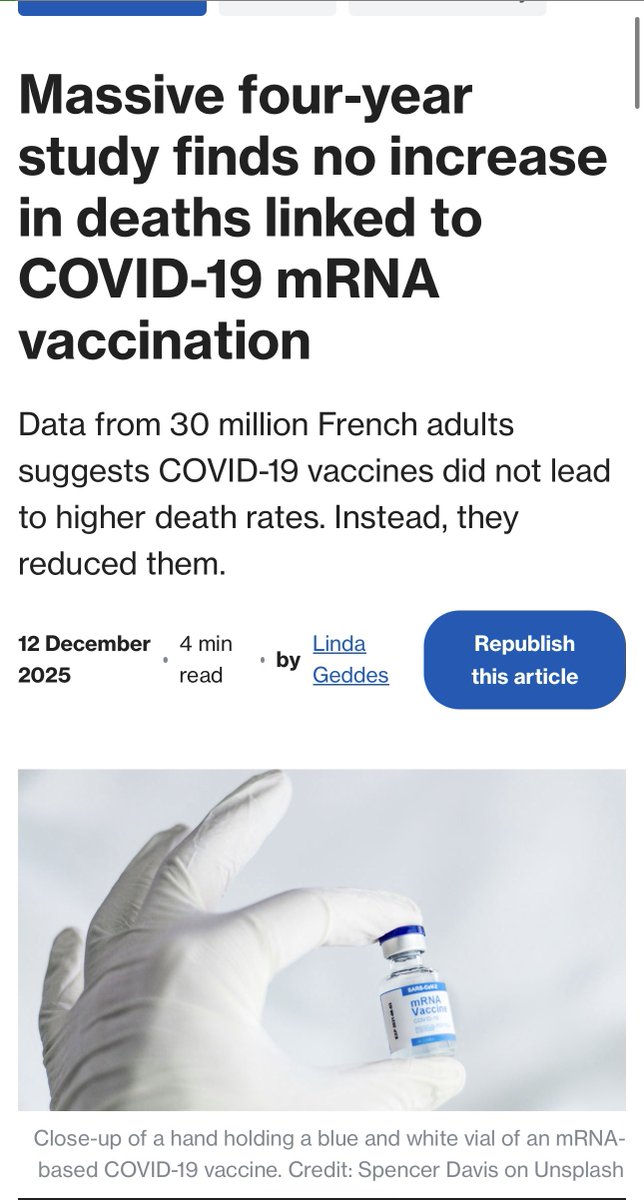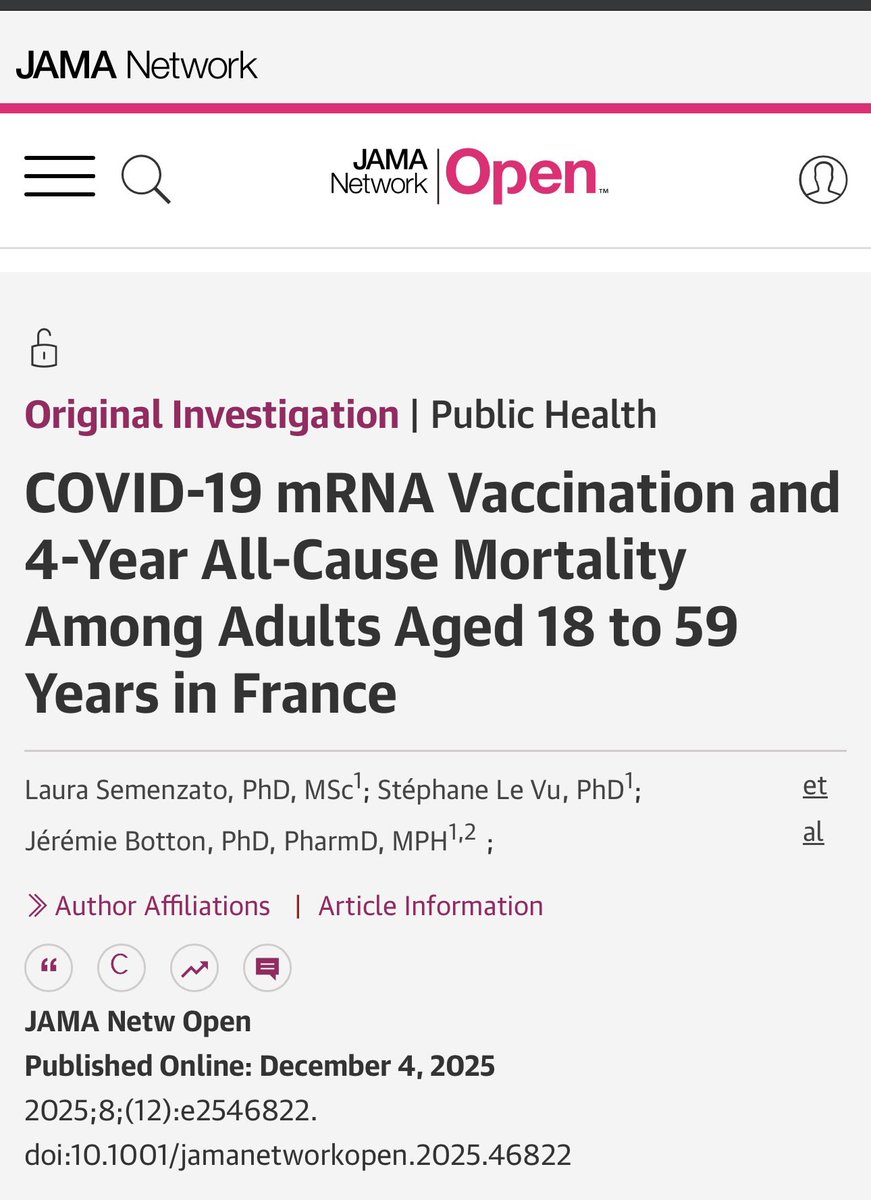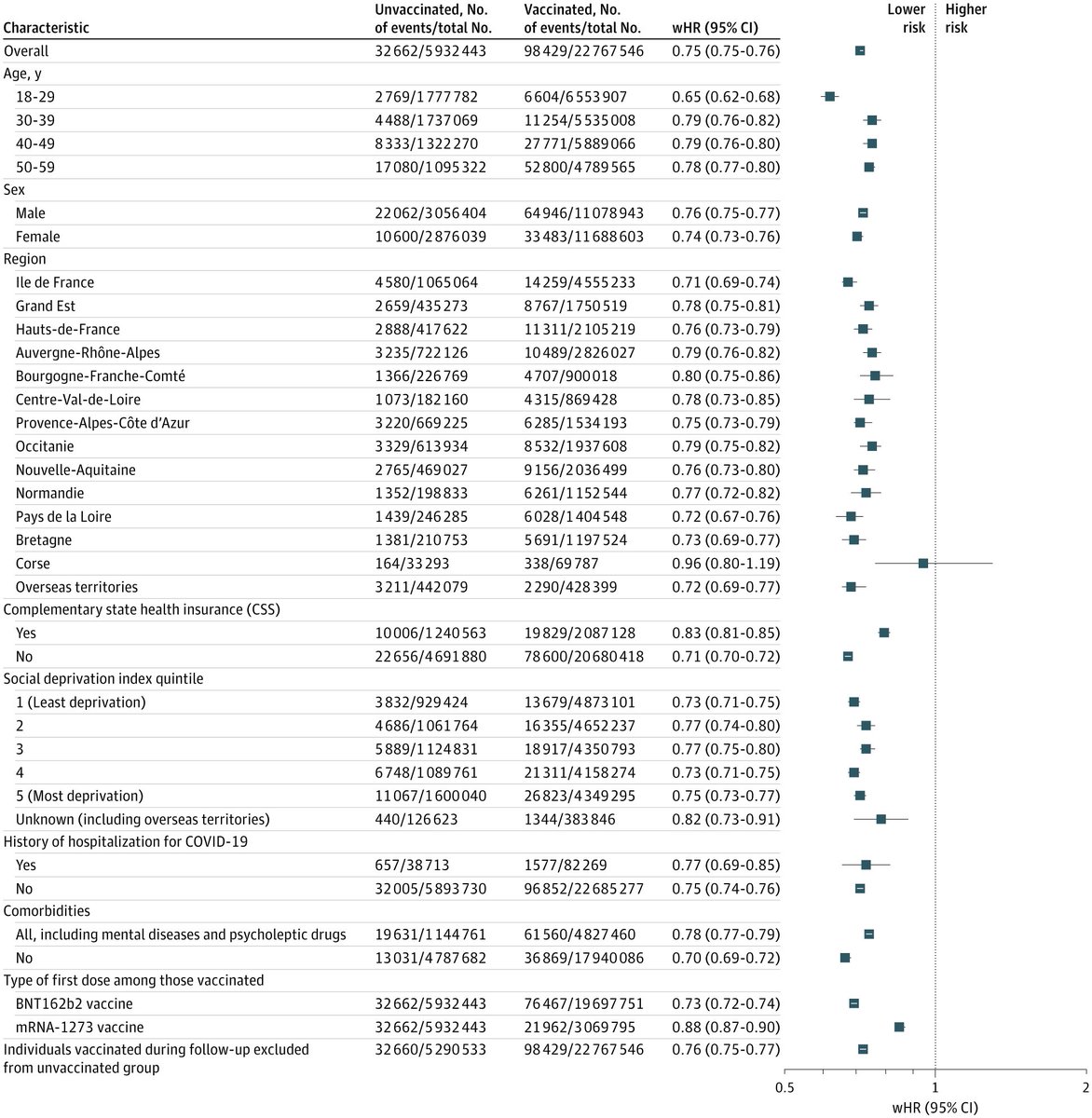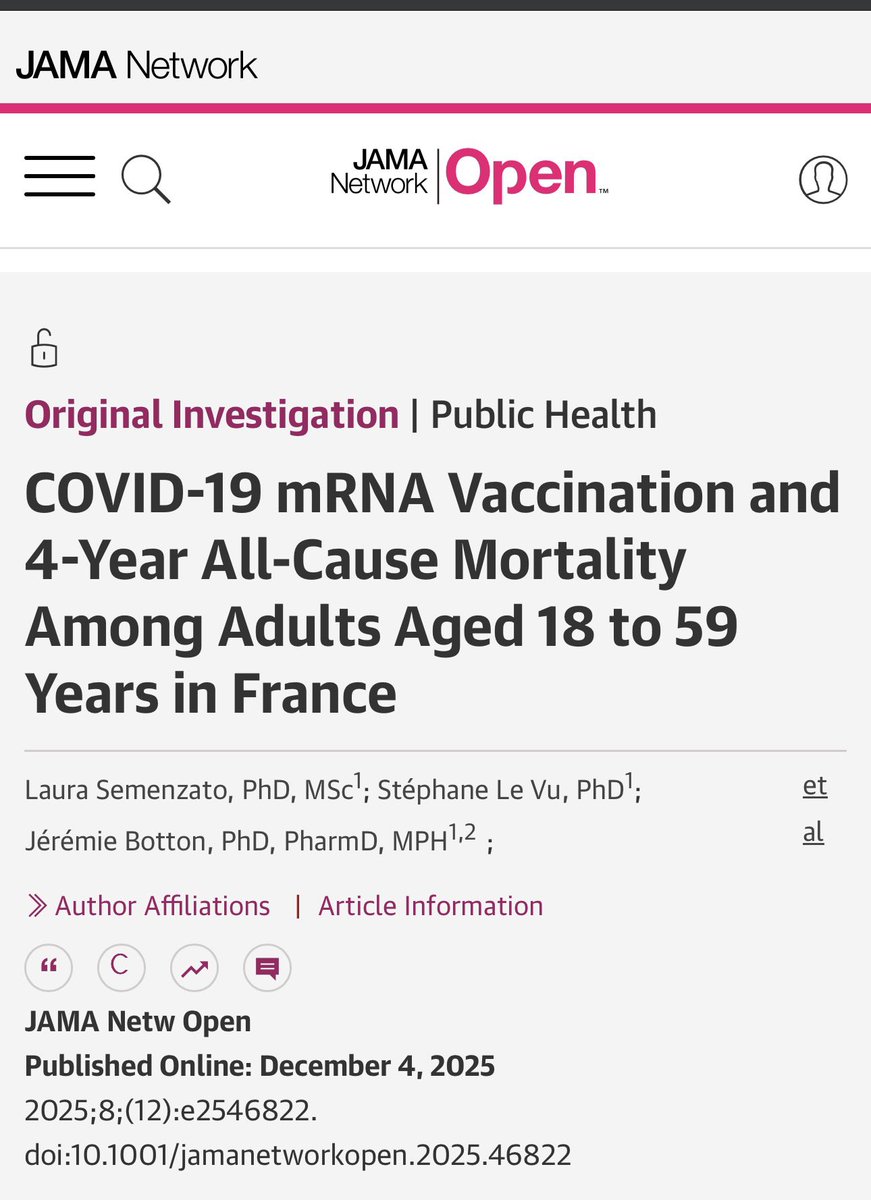What’s worse than simple mutation? RECOMBINATION! Recombination is the large scale “copy and pasting” mixing of whole sections of genome 🧬 swapping from one virus to another.
And the bad news is—many experts think it’s likely happening with #SARSCoV2.🧵
nytimes.com/2021/02/05/hea…
And the bad news is—many experts think it’s likely happening with #SARSCoV2.🧵
nytimes.com/2021/02/05/hea…
2) But it is not just these small genetic changes that are raising concerns. The novel coronavirus has a propensity to mix large chunks of its genome when it makes copies of itself.
3) “Unlike small mutations, which are like typos in the sequence, a phenomenon called recombination resembles a major copy-and-paste error in which the second half of a sentence is completely overwritten with a slightly different version.
4) “A flurry of new studies suggests that recombination may allow the virus to shapeshift in dangerous ways. But in the long term, this biological machinery may offer a silver lining, helping researchers find drugs to stop the virus in its tracks.
5) “There’s no question that recombination is happening,” said Nels Elde, an evolutionary geneticist at the University of Utah. “And in fact, it’s probably a bit underappreciated and could be at play even in the emergence of some of the new variants of concern.”
6) “Because the virus has a robust system for proofreading its RNA code, these small mutations are relatively rare.
Recombination, in contrast, is rife in coronaviruses.
Recombination, in contrast, is rife in coronaviruses.
7) “Researchers at recently studied how things go awry during replication in three coronaviruses, including SARS-CoV-2, which causes Covid. The team found that all three viruses showed “extensive” recombination when replicating separately in the laboratory.
8) “Scientists worry that recombination might allow for different variants of the coronavirus to combine into more dangerous versions inside of a person’s body. The B.1.1.7 variant first detected in 🇬🇧, for example, had more than a dozen mutations that seemed to appear suddenly.
9) “Dr. Elde said that recombination may have merged mutations from different variants that arose spontaneously within the same person over time or that co-infected someone simultaneously.”
Read more: nytimes.com/2021/02/05/hea…
Read more: nytimes.com/2021/02/05/hea…
10) To be clear, recombination is a natural process in nature. You are a product of chromosomal recombination (crossover) too during meiosis (not mitosis) of homologous chromatids when generating the DNA during cell division that is packaged into sperm or into eggs. 

11) chromosomal recombination adds genetic diversity to sperms and eggs. and in the cases of viruses, larger chunks of the virus are swapped, as opposed to simple typo errors that normal mutations come from. It’s a larger scale genetic change than small mutation accumulation. 

12) Bottomline: we need to stop mutations of all kinds. Or else we won’t be able to get out of this purgatory. We need #ZeroCovid. Because this is what’s starting now... two pandemics diverging.
https://twitter.com/drericding/status/1357566949404905472
13) and we need to stop these damn mutations that can also evade our prior immunity. Or else reinfection risk by these mutants means WE START BACK AT SQUARE ONE!!! We need faster vaccinations & #ZeroCovid
https://twitter.com/drericding/status/1358065355785134083
14) now the rise of co infection with more variants makes recombination more and more likely.
https://twitter.com/drericding/status/1383771721426034699
15) This kind of data on variants is worrisome especially in India with massive epidemic underway now. #B117 losing to other variants replacing it is even more worrying.
https://twitter.com/drericding/status/1383737643452669958
• • •
Missing some Tweet in this thread? You can try to
force a refresh


